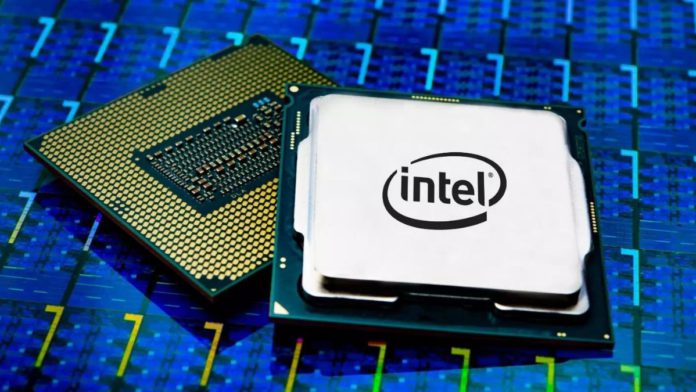The U.S. Department of Defense has granted Authorization to Operate (ATO) to the Company’s breast artificial intelligence (AI) platform (DoD). ProFound AI®, part of iCAD’s breast AI platform, was the first artificial intelligence software for digital breast tomosynthesis (DBT) to be FDA cleared in 2018.
Stacey Stevens, President and incoming CEO of iCAD, Inc., said, “It is a significant accomplishment for our technology to achieve this authorization. This distinction is a testament to the security of our technology and reinforces our steadfast commitment to providing safe and reliable health solutions to our customers and their patients. We look forward to capitalizing on this new market opportunity and continuing to expand access to ProFound AI and enhancing patient care for those in the military and their families.”
Read More: Silicon Labs Brings AI and ML to the Edge with Matter-Ready Platform
To be permitted for usage in a DoD healthcare institution, technology must be given an ATO, according to the DoD’s Risk Management Framework (RMF). To get an ATO designation, technology must meet the Department of Defense’s strict cybersecurity prevention requirements, which are designed to reduce the danger of a cyber-attack.
ProFound AI is a cancer detection tool that analyses each tomosynthesis image quickly and reliably, finding both malignant soft-tissue densities and calcifications. The program is scientifically proven to assist radiologists by boosting cancer diagnosis and cutting reading times while lowering false-positive rates and unnecessary recalls.
It is built with the latest in deep-learning AI technology. Profound AI’s algorithm generates Certainty of Finding lesions and Case Scores when reviewing mammography exams, which show the machine’s confidence that detection or case is malignant.
According to extensive reader research, Profound AI for DBT improved average reader sensitivity and specificity by 8% and 7%, respectively. Additionally, the technology lowered radiologists’ reading time by 52.7 percent.










